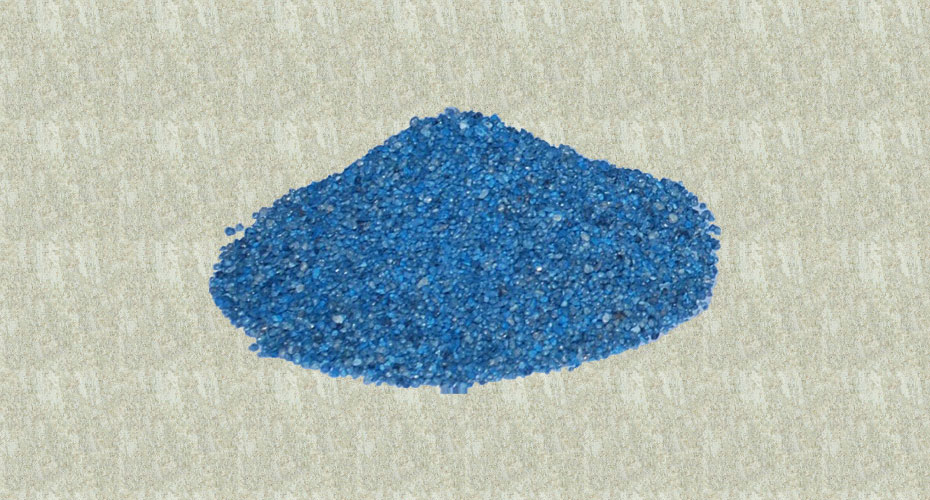What are the uses of Slag Coagulants?
Slag coagulants, a category of chemical additives, have become an indispensable part of numerous industrial processes. By effectively controlling slag formation, these coagulants optimize operations in various sectors, including metallurgy, steel manufacturing, and waste management. This article explores the diverse applications and benefits of slag coagulants, shedding light on their contributions to industrial efficiency and environmental sustainability.
Slag Coagulants in Metallurgical Processes:
In metallurgical processes, slag coagulants play a crucial role in facilitating the separation of molten metal from impurities and non-metallic compounds. By promoting the agglomeration and coalescence of slag particles, coagulants enhance the efficiency of slag removal methods such as flotation and settling. These additives help minimize metal losses and improve the quality of the final product. Additionally, slag coagulants contribute to reducing energy consumption during metal extraction, leading to cost savings and environmental benefits.
Slag Coagulants in Steel Manufacturing:
Steel production involves the generation of significant amounts of slag, a byproduct formed during the refining of iron ore. Slag coagulants find extensive use in this industry to control slag viscosity, promote solidification, and facilitate slag separation. By optimizing the coagulation and settling of molten slag, these additives enhance the efficiency of downstream processes like ladle refining and slag recycling. Moreover, by enabling the recovery of valuable elements from slag, coagulants contribute to the sustainable utilization of resources.

Slag Coagulants in Waste Management:
The disposal of industrial waste, such as incineration ash and hazardous residues, requires effective management strategies. Slag coagulants offer a valuable solution by aiding in the stabilization and solidification of waste materials. These additives promote the encapsulation of contaminants within a stable matrix, minimizing leaching and preventing their release into the environment. The resulting solidified waste products exhibit improved handling characteristics, reduced volume, and enhanced long-term stability. Slag coagulants thus enable safer storage and disposal of various industrial wastes, contributing to environmental protection.
Slag Coagulants in Construction Materials:
Slag coagulants have found applications in the production of construction materials, particularly in the manufacturing of cement and concrete. By incorporating coagulants, the properties of slag-based materials can be modified to achieve desired characteristics. These additives improve the workability, strength, and durability of cement and concrete, leading to superior quality products. Furthermore, the utilization of slag in construction materials reduces the demand for virgin raw materials, conserves natural resources, and decreases greenhouse gas emissions associated with traditional cement production.
Conclusion:
Slag coagulants play a vital role in enhancing various industrial processes, from metallurgy to waste management and construction materials. SSKIPL is the slag coagulant supplier in India. By effectively controlling slag formation, these additives optimize operational efficiency, improve product quality, and contribute to environmental sustainability. The versatile applications of slag coagulants underscore their significance in the modern industrial landscape.
